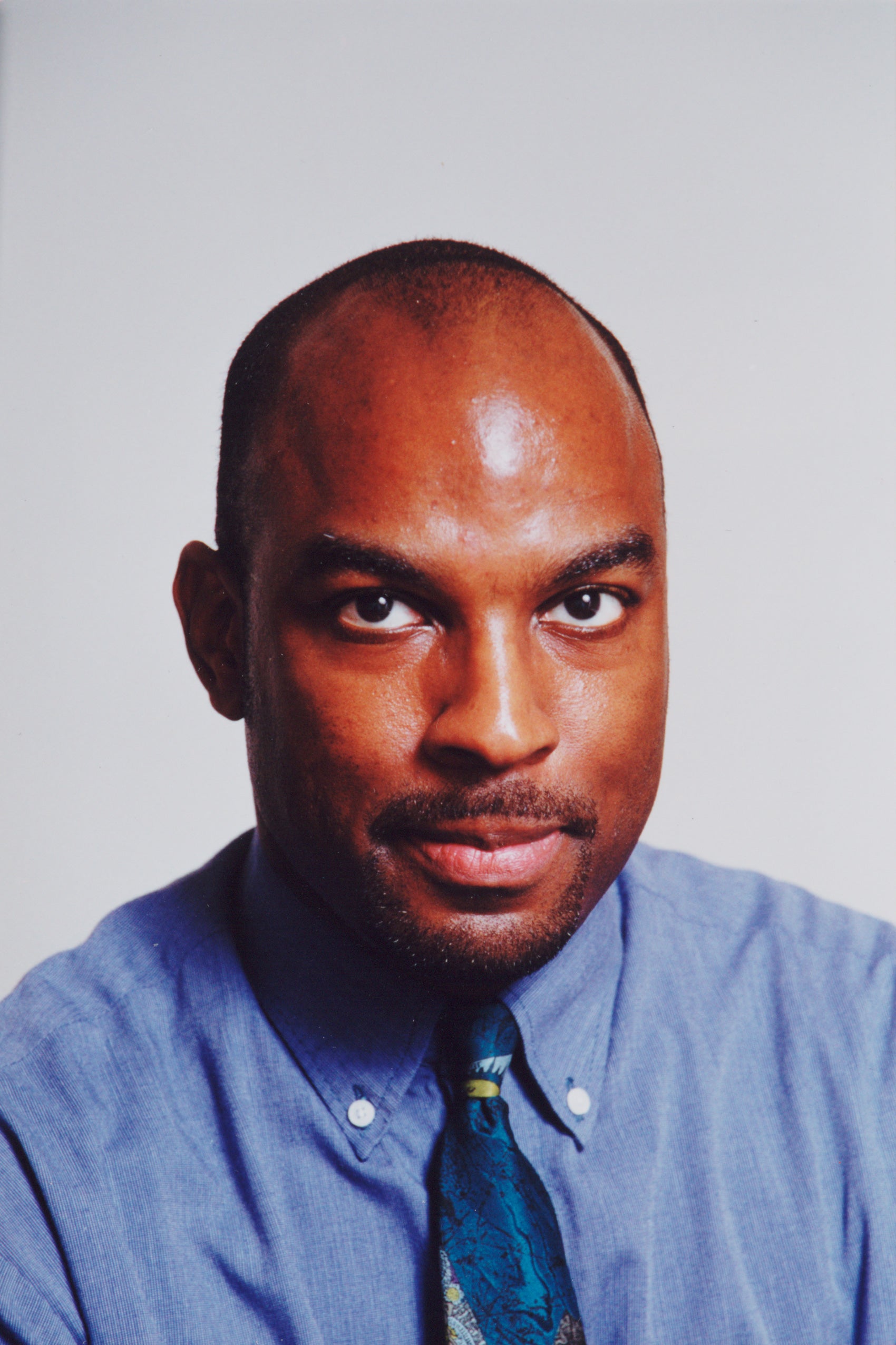Assistant Professor Kenneth Mack is challenging conventional wisdom in his new article, “Rethinking Civil Rights Lawyering and Politics in the Era Before Brown,” published in a recent issue of The Yale Law Journal. (Click here to read a summary of the article.)
Based in part on research he developed for the 2003 Hugo L. Black Lecture, which he delivered at the University of Alabama School of Law, Mack argues that traditional thinking about civil rights lawyering and politics is based on an oversimplified narrative that begins with the 1896 Plessy v. Ferguson decision and ends with the 1954 Brown v. Board of Education decision. Mack believes this narrative relies too heavily on what he calls “a courts-based and rights-centered” view. As a result, says Mack, a broader range of work done by civil rights lawyers in the period between the First and Second World Wars has been neglected and misunderstood.
“What has been lost by this focus on the Brown litigation is another story: A story about how civil rights leaders melded community action and labor and consumer activism with race-based rights litigation,” writes Mack. In the article, Mack explains that litigation was one part of a multi-pronged strategy to bring about racial equality that also included legislation, local activism such as picketing and boycotts, and efforts to build up black businesses. Mack points out that some of the early advocates of this community-based approach were lawyers such as Charles Hamilton Houston and William Henry Hastie, who were educated at Harvard Law School and influenced by Felix Frankfurter, a pioneer of the legal realism movement.
Appointed to the Harvard Law faculty in 2000, Mack is is an expert in American legal history, the history of the legal profession and the civil rights movement. He holds a bachelor’s degree from Drexel University, a J.D. from Harvard and a Ph.D. from Princeton.
Click here to view a PDF version of Mack’s entire article as published in The Yale Law Journal.
